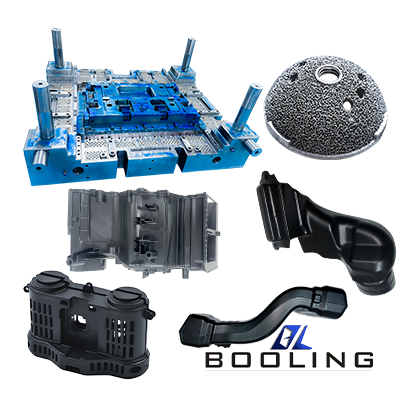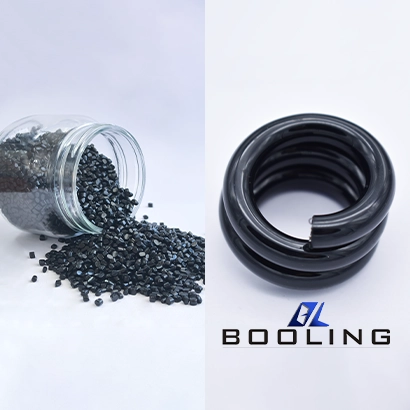Home > Injection Molding > TPE Injection Molding
Booling’s TPE injection molding is different from traditional rubber molding. It has a shorter vulcanization time, which improves production efficiency and reduces energy consumption. We use advanced mold processing technology, such as CNC equipment, boring, deep hole drilling, wire cutting, and other precision processing processes to achieve rapid prototyping and delivery of TPE parts and molds in Mexico, Brazil, Argentina, India, and other countries.
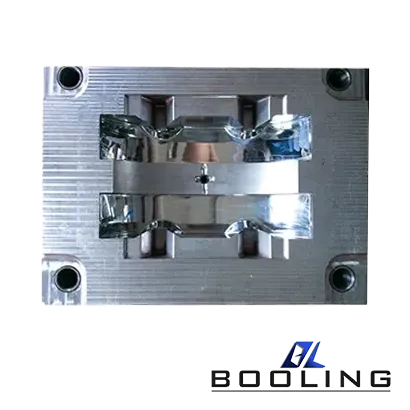
TPE materials undergo processes such as melting, injection molding, pressure holding, cooling, and curing to form high-quality products with toughness and elasticity.
- Barrel Temperature
- Mold Temperature
- Back Pressure
- Injection Molding Speed
- Injection Pressure
- Pressure Holding and Cooling Time
TPE Injection Molding Capabilities
TPE injection molding has extremely high precision, flexibility, and customizability, and is easy to process and shape.
·
US
Metric
TPR
59 in. x 51.2 in. x 17.7 in.
1500mm x 1300mm x 450mm
TPU
59 in. x 51.2 in. x 17.7 in.
1500mm x 1300mm x 450mm
TPO
59 in. x 51.2 in. x 17.7 in.
1500mm x 1300mm x 450mm
TREE
59 in. x 51.2 in. x 17.7 in.
1500mm x 1300mm x 450mm
*TPE injection molding combines the characteristics of rubber injection molding and plastic injection molding.
TPE Injection Molding Material
TPE and thermoplastic elastomers, Booling provides thermoplastic elastomer materials of styrene, polyolefin, polyurethane, polyester, and other types. It also provides additives with specific functions to improve the comprehensive performance of TPE materials, such as flame retardant, antistatic, antioxidant, etc.
Material
- TPR
- TPU
- TPO
- TREE
The Advantage & Disadvantage of TPE Injection Molding
TPE materials are tough and elastic, and combined with injection molding, they form a unique processing technology.
- TPE materials have a wide range of options and can be configured according to specific requirements
- Cost-effective, shorter vulcanization and molding time, reduced material waste, and one-step molding advantages
- Design flexibility, complex shapes can be easily created
- The product is durable and stable even in extreme temperatures
- Recyclable, reducing material waste
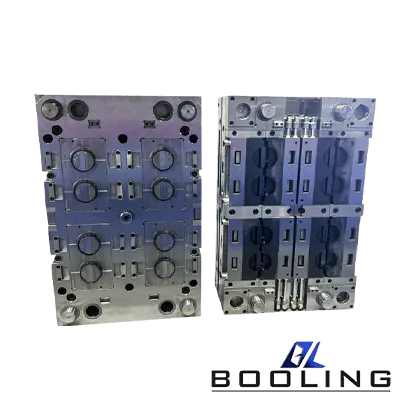
Application of TPE Injection Molding
TPE materials combine the advantages of rubber and plastic and have a wider range of applications. They can be used for shock-absorbing materials, waterproof strips, and sound insulation pads in automobiles; switch buttons and connectors in the electronics and electrical industry; catheters and drug packaging in medical equipment, etc.
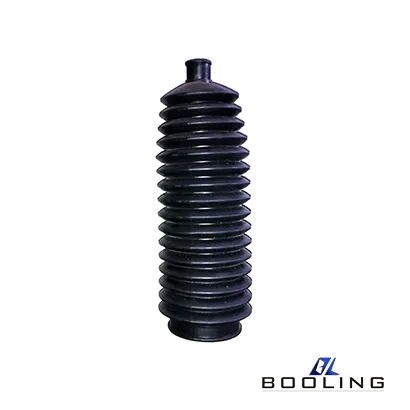
Guidelines for TPE Injection Molding
The molten TPE material is injected into the mold through a nozzle and cooled to form an injection molded product. The processing is highly consistent and repeatable.
Thermoplastic elastomer (TPE) combined with injection molding can show extraordinary flexibility and durability, realize the production of complex geometric shapes and the portrayal of details, and become a popular process for the manufacture of TPE products.
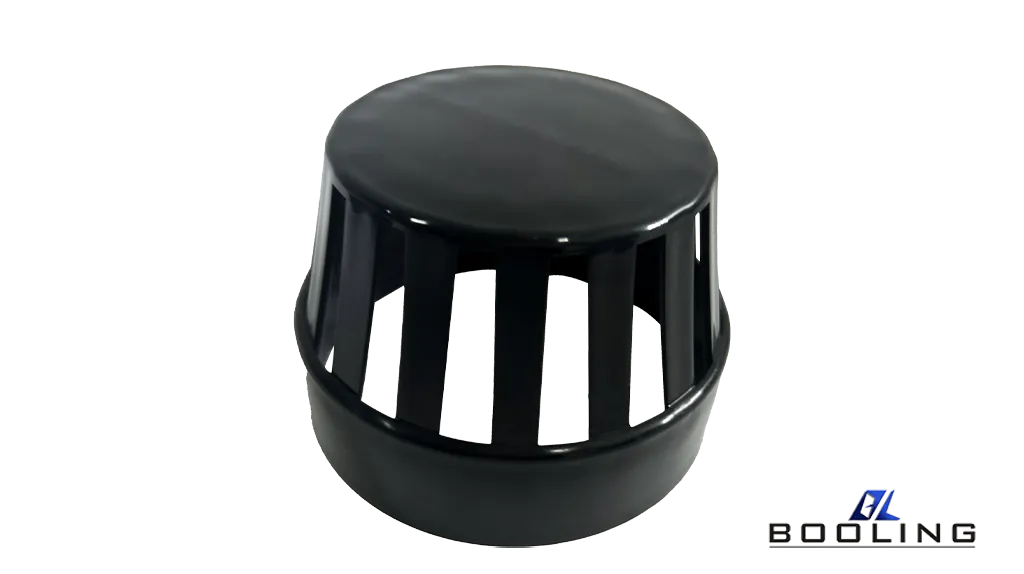
TPE Injection Molding Process
TPE material is a combination of plastic and rubber, with excellent productivity. Booling achieves the delivery of high-quality products by controlling each injection molding link.
- Mold Design: Booling mold designers are experienced and can achieve accurate creation of 3D models to meet user product needs, optimize the design of gate positions, hot runners, and cooling water channels, and achieve efficient manufacturing
- Material Preparation: Maintain a dry storage and transportation environment to prevent water accumulation in materials from affecting processing performance
- Injection Molding: Booling will calibrate parameters such as injection volume, injection speed, and pressure according to the injection volume of the user’s injection molding machine, and conduct real-time monitoring to optimize the cycle time
- Secondary Processing: Booling also provides TPE insert molding and over-molding.
- Insert Molding: insert the prefabricated insert into the mold, and wrap the TPE molten material around the insert to achieve molding, enhance the mechanical strength of the product, and avoid subsequent assembly
- Overmolding: pour a layer of TPE material on the molded material to enhance the surface properties of the material
- Quality Control: Implementing a sound quality control system is conducive to improving the standards of TPE injection molding and achieving higher-quality processing
Application of TPE Injection Molding
Due to its unique advantages, TPE injection molding enables precision manufacturing of products in the automotive, electronics, medical, sports, and other industries.
- Booling makes full use of the softness and durability of TPE materials to manufacture automotive door panels, armrests, and other parts
- In the field of consumer electronics, TPE game console handles, grips, and various computer and mobile phone protective cases have a comfortable feel and are impact-resistant, protecting electronic products from falling and scratching
- TPE materials are biocompatible, safe and non-toxic, halogen-free, and can be disinfected and sterilized at high temperatures multiple times, making them suitable for the processing of medical devices and equipment
- TPE has good shock absorption and comfortable grip and can be used in sports equipment such as golf clubs, rackets, and bicycle handlebars. It not only has a comfortable feel but also has an impact-resistant effect

